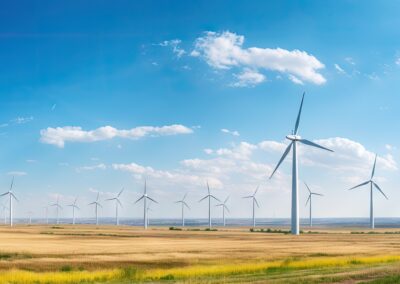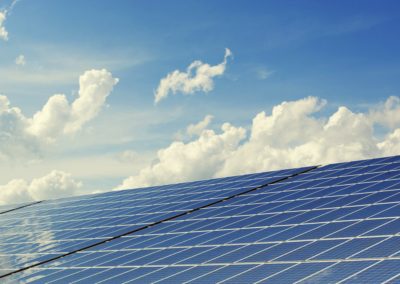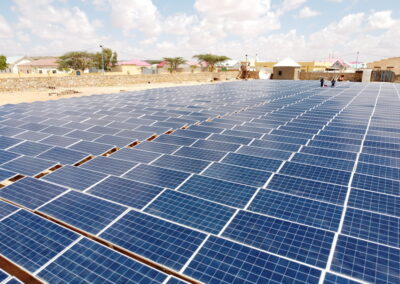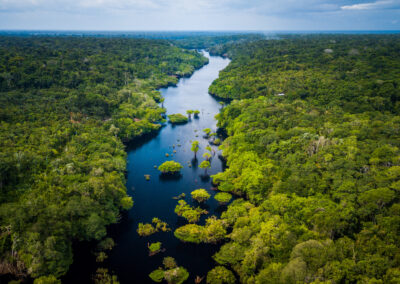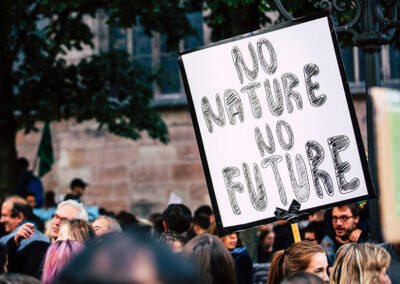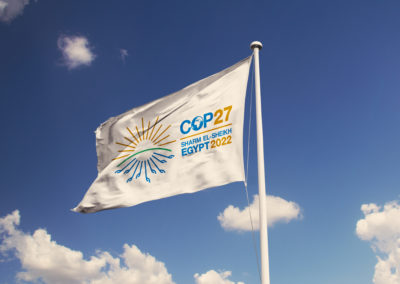Mon, 31 October 2022, 16:00 – 17:00 GMT. Join experts as they discuss the technical, social and policy factors affecting the upscaling of geological carbon storage.
In order to keep average global warming to less than 1.5 C by 2050, it is becoming increasingly clear that large quantities of CO2 will have to be captured and permanently stored. Emissions reductions scenarios are converging to around 15-20% of present day emissions (<8 Gt pa) needing to be sequestered, mainly from hard to abate industries like steel, cement, and fertilizer manufacturing. Direct air capture will also need to be a significant fraction of this, to offset emissions from distributed sources of CO2, such as aviation.
It is clear that an at-scale CO2 storage industry is now a necessity, and geologic storage will be required to permanently store the CO2. Whilst dozens of individual full scale (>1 Mt CO2 pa) projects have been developed over the last 3 decades, and CO2 has been injected underground in similar quantities for other purposes for almost 70 years, there is still hesitancy and a lack of commitment from industry and government.
This seminar will cover the technical, social, and policy factors affecting the upscaling of CO2 storage, and what is and what isn’t slowing it down. Three speakers will give ~10-15 minute presentations on the three topics, which will be followed by a discussion and Q&A.
On the panel:
- Tom Kettlety, Fellow in Geological Carbon Storage, Oxford Net Zero
- Emily Cox, Researcher on Responsible Innovation & Societal Engagement, CO₂RE
- David Reiner, Professor of Technology Policy, Cambridge Judge Business School
- Steve Smith, Executive Director, Oxford Net Zero and CO₂RE (Chair)
This event is hybrid. Sign up on Eventbrite, where you can choose to attend in-person (Mathematical Institute, Oxford) or online via Zoom.

